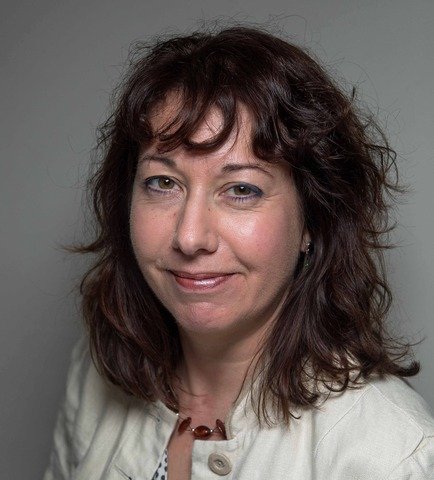The covid-19 pandemic has made digital inclusion ever more important, with digital technology keeping people connected while shielding, isolating or staying indoors.
In a crisis where digital access and skills are even more essential to get support, food, medicines, benefits, go to work and remain in contact with family and friends, it is essential that organisations and sectors work together to reduce the digital divide.
This is why we took a report to the council’s Recovery Committee this week that outlined plans to support Digital Brighton and Hove continue their vital digital inclusion work with vulnerable people in the city during covid-19 and in our city’s recovery.
I’m pleased that we gained cross-party support for these plans.
What I have heard and seen myself in various online meetings is that Zoom, Skype, Teams and all forms of video meeting software have meant we are seeing more people get involved in neighbourhood and community meetings than they would in ordinary times.
Being able to attend a meeting from the comfort of your own home has started a new trend.
We are coming together as different groups and hearing from new voices which I think is really welcome.
There are countless other benefits of digital inclusion work – from reducing social isolation and loneliness to improved health and wellbeing as well as earnings and employability benefits such as access to online education and training opportunities, improved communication links and skills.
And there are environmental benefits as the need for commuting and travelling to work or meetings is reduced.
Or is anyone out there missing their daily commute?
As we look ahead to our city’s recovery phase and shaping the new normal, we must continue to improve digital accessibility and inclusion – and we perhaps have some big questions to ask ourselves.
Do we want to return to the daily commute? Or do we want more home-working to form part of the new normal? More time with family? More time cycling and walking by the beach? Less traffic and congestion on our roads and cleaner air due to lower carbon emissions?
More support from government and employers for flexible work arrangements and more remote working could make this possible, but I’d love to hear your views on this, so please do get in touch.
Councillor Nancy Platts is the Labour leader of Brighton and Hove City Council.









The digital and creative economy in Brighton and Hove are suffering. We have been suffering for years and long before Covid-19. There are 3 economies outside of the tourism economy which keeps this city going. They are: footballl (this involves a % of tourism), American Express and… education which is totally funded by the government unless you work privately or for a private school which is funded differently.
Back to the creative industry… They/we are mostly paid less than other industries on the whole and yet you appeal to the creative community for more but you give zero in return. Get a grip. The conservative government were never going to be our best mates because we voted against them. You encouraged us to do so. It’s too late now to expect a very small proportion of the community to now to prop the entire community up. We have done our best and we will continue to do our best. How’s about you start accepting a reduction in your salary? How’s about all of you labour leaders and councillors start putting yourselves forward for a reduction in salaries?!?